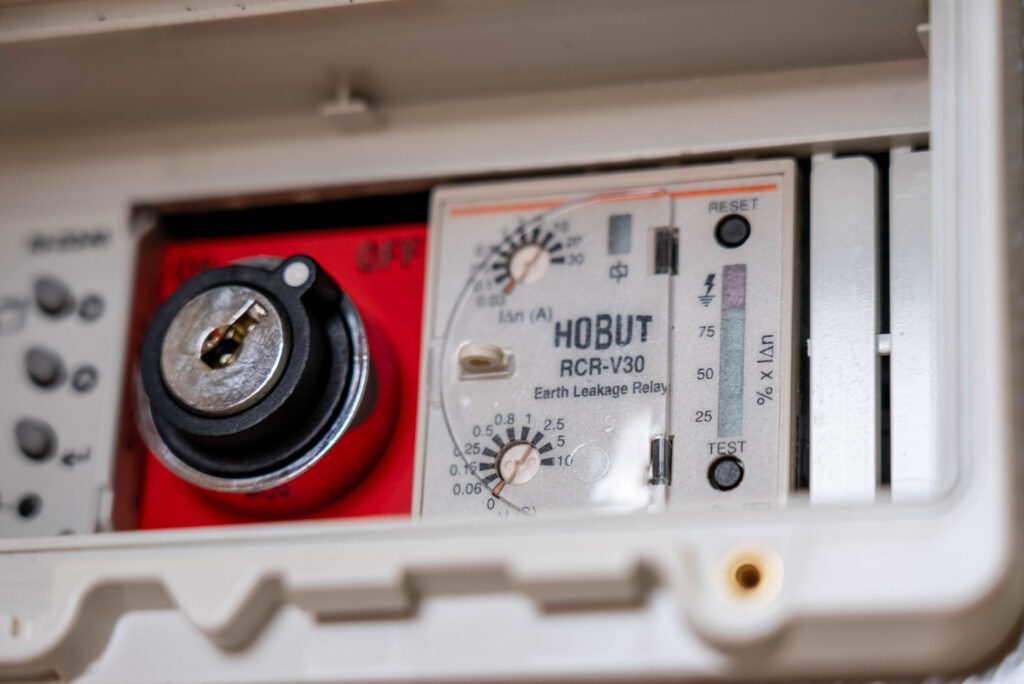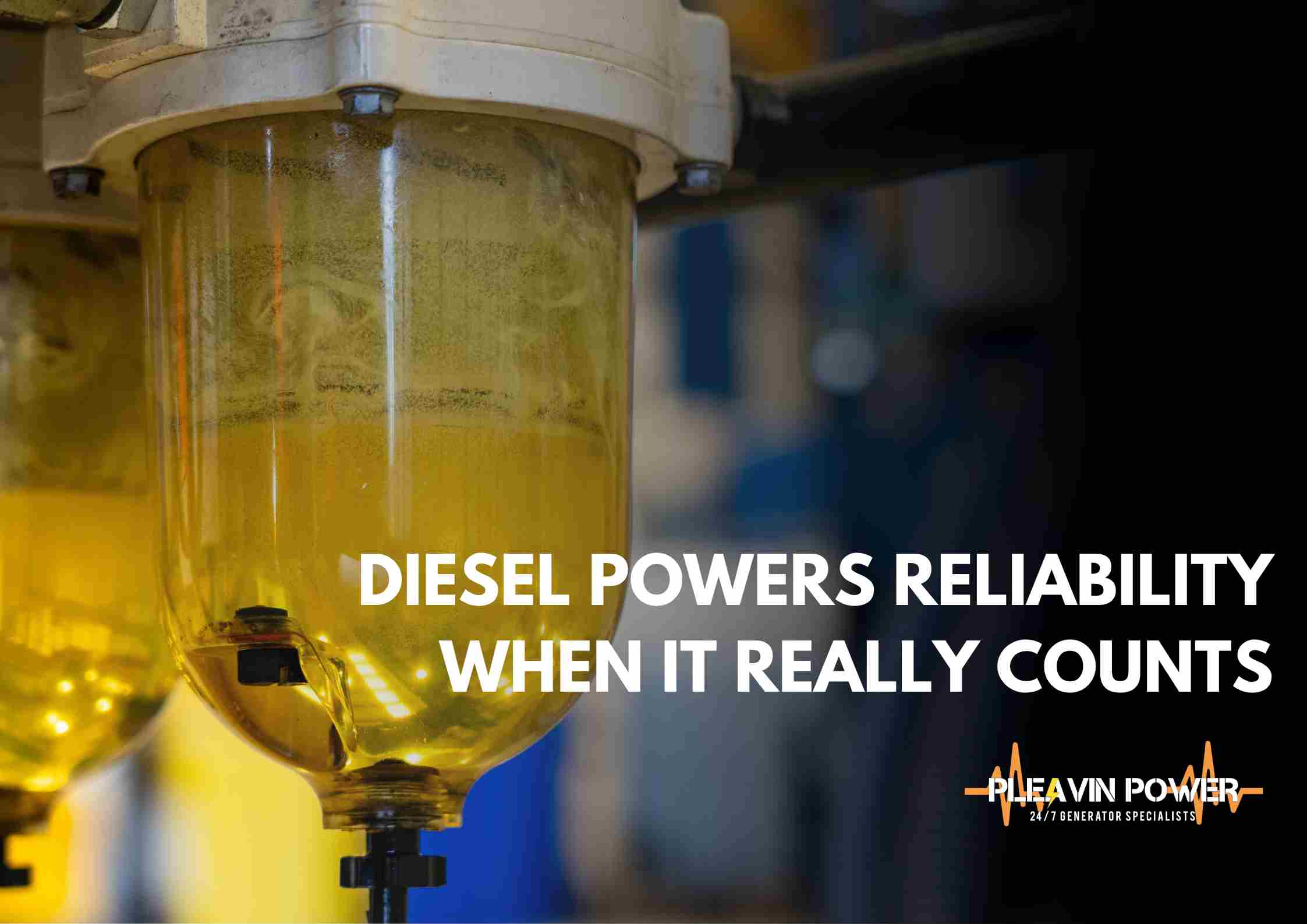Using a generator can be a daunting task, after all, there are plenty of articles and news stories of generators failing and things going wrong.
There are, however, a number of steps that you can take when buying a generator to ensure that you are being as safe as possible and what to do if things do go wrong.
Throughout this blog, we are going to be discussing the various potential risks of using a generator and answering the question: are generators dangerous?
The Potential Dangers Of Using A Generator
While generators are perfectly safe when utilised properly and placed in safe areas, there are always issues that can arise as with any machine, some more serious than others.
Some of the dangers can be fatal if not listened to carefully or taken seriously therefore it is so important to take all of these into consideration before renting or buying a new generator. Some of the potential issues you may come across can be caused by a lack of repairs to your generator, this can make generator units much more dangerous than if they were properly maintained.
There are some mandatory generator safety standard precautions to take which we have listed below among some of the potential issues.
Carbon Monoxide Poisoning
One of the key factors that make people so hesitant to purchase or hire a generator is the risk of carbon monoxide poisoning, this is by far one of the biggest risks that people will face when using generators.
There are so many carbon monoxide-related deaths that have come from people incorrectly installing or using their generators making it imperative that they are used correctly.
When using generators, you should never place them in an enclosed space or even a partially enclosed space – your generator should be in an open area to reduce the risk of high carbon monoxide exposure to any people in the area.
This is quite possibly the most worrying fault that can occur with a generator as carbon monoxide emissions can happen and can be deadly. If you are ever working with a generator and begin to feel dizzy, you should leave the area and get some fresh air immediately as this can very quickly become much worse.
It is recommended that you only use generators outdoors and have them at least 10 metres away from any windows or doors in areas such as the garden to greatly reduce the risk of poisoning in the future.
Coupling this with a carbon monoxide alarm should mean that you are prepared and safe from carbon monoxide poisoning and allow you to rest easy while reaping the benefits of your generator.
Electrical Hazards
As with any device that uses electricity, there is always a risk of an electrical malfunction that can potentially lead to human harm. Generators require a lot of electricity and output a lot of power because of this, meaning that electrical faults can be a very large cause for concern when using your generator.
Electrical faults can occur if you are using it improperly or if there has been some damage taken to the wires meaning that the output may be somewhere it could damage someone. To avoid electrical problems with your generator you will be advised to keep your generator on a dry surface and avoid moisture if possible, this includes drying your hands when operating the generator.
To protect from the rain while having your generator outside, a protective canopy may be a useful purchase for you to keep it dry but out of range of your home to avoid carbon monoxide emissions. If you are unable to plug your generator into the mains, you should use a heavy-duty extension cord that is rated for outdoor use.
Fires And Explosions
As with the previous entries, this can sound incredibly worrying and serious – however, all of these issues are incredibly avoidable if you pay attention to the precautions. When using a generator it is, of course, possible to have a spillage of fuel which can lead to much more serious issues if not dealt with quickly.
We would recommend that you immediately clean up any fuel spills as quickly as possible to minimise the risk of this catching fire and causing serious damage to the surrounding area. Another precaution you must take into account is that you should never refuel a warm generator as this can also cause fire hazards, you should wait for your generator to cool down for at least an hour before refuelling it.
It doesn’t matter whether your generator runs on diesel, petrol or LPG; you should always store it in a safe area where it is out of harm’s way. It is so important to ensure that your flammable fuels are stored outside of your living space and are labelled correctly and clearly, to ensure there can be no confusion or carelessness.
Conclusion
To conclude, there is no reason for your generator to be dangerous if you follow the correct safety precautions when storing it. There are many ways in which they can become damaged or faulty, leading to some of the aforementioned issues however this should not sway you from the great benefits of owning a properly and safely stored generator.
Many generator manufacturers make portable generators which are great pieces of machinery to add to your home appliances. You may opt for these as they are a lot easier to store due to their smaller size – however, precautions should still be taken.
We hope that we have been able to give you some advice and information on how to store a generator safely while informing you of some of the dangers that you may face when not doing so.
At Pleavin Power, our generator maintenance services and repairs are delivered with care by professionals to give you a safe and secure generator for the extra power to your home providing services for a variety of different circumstances.
















